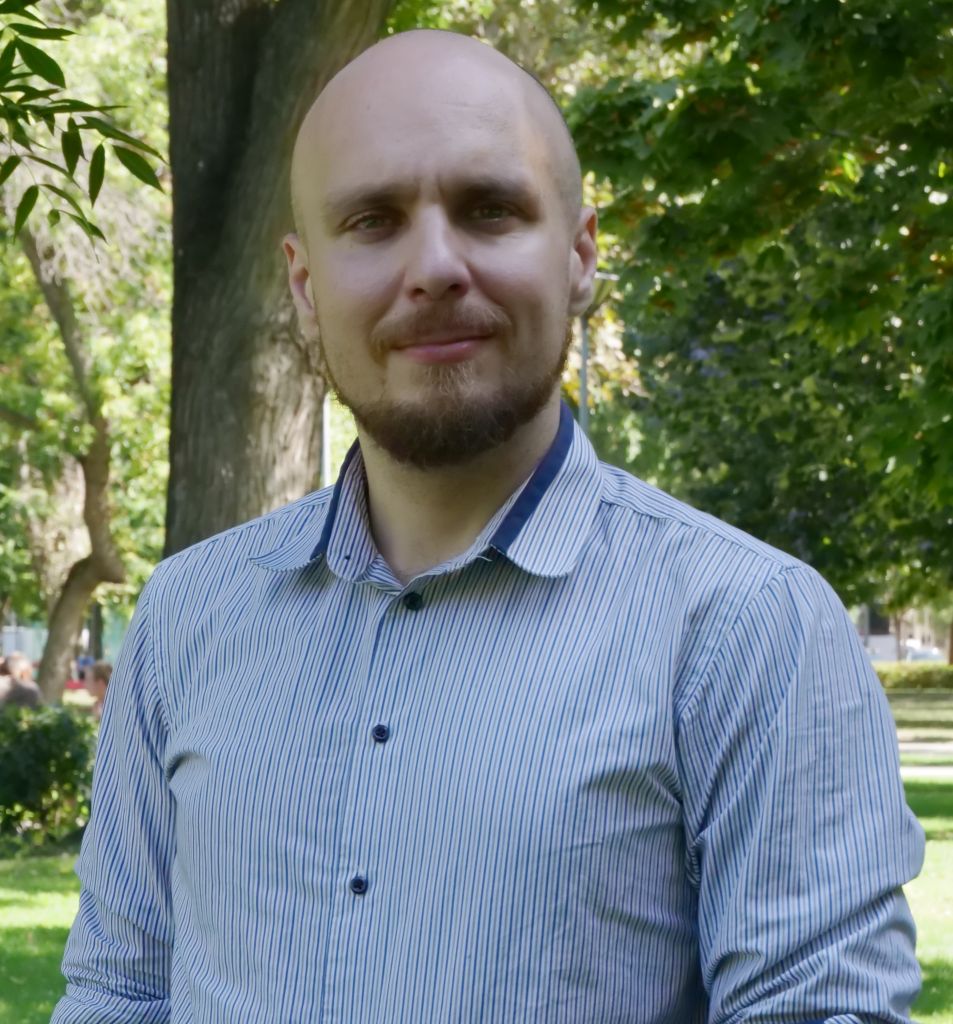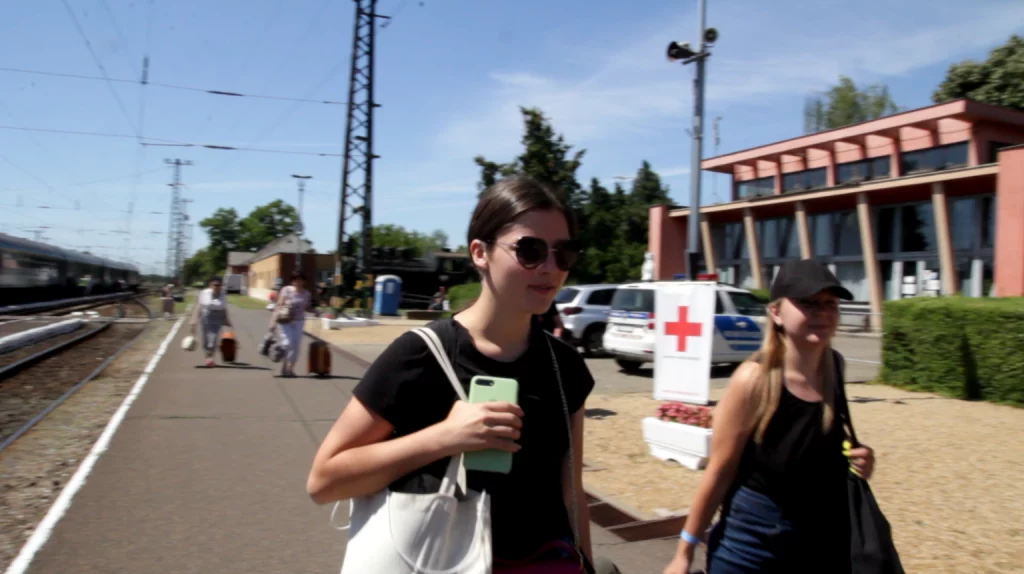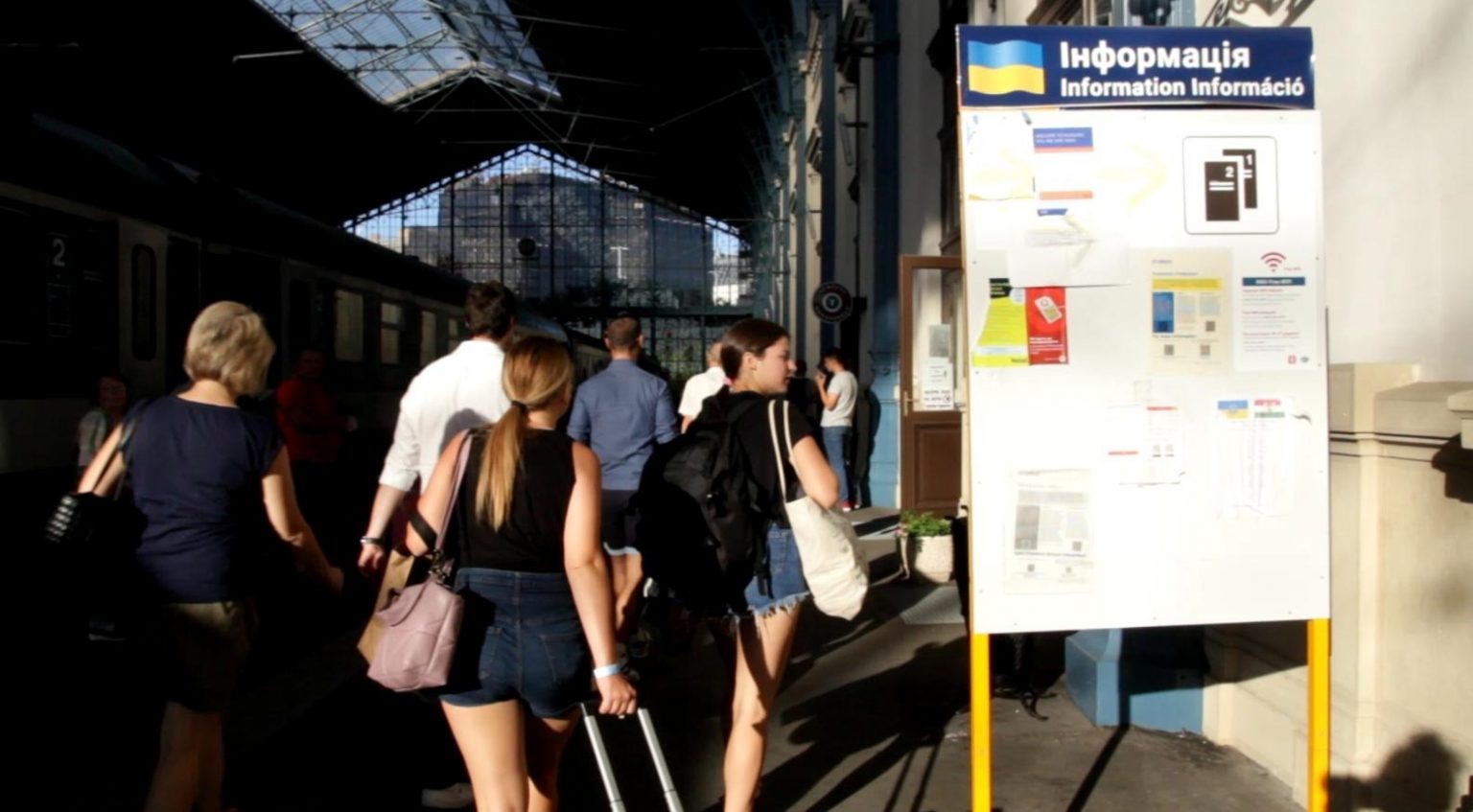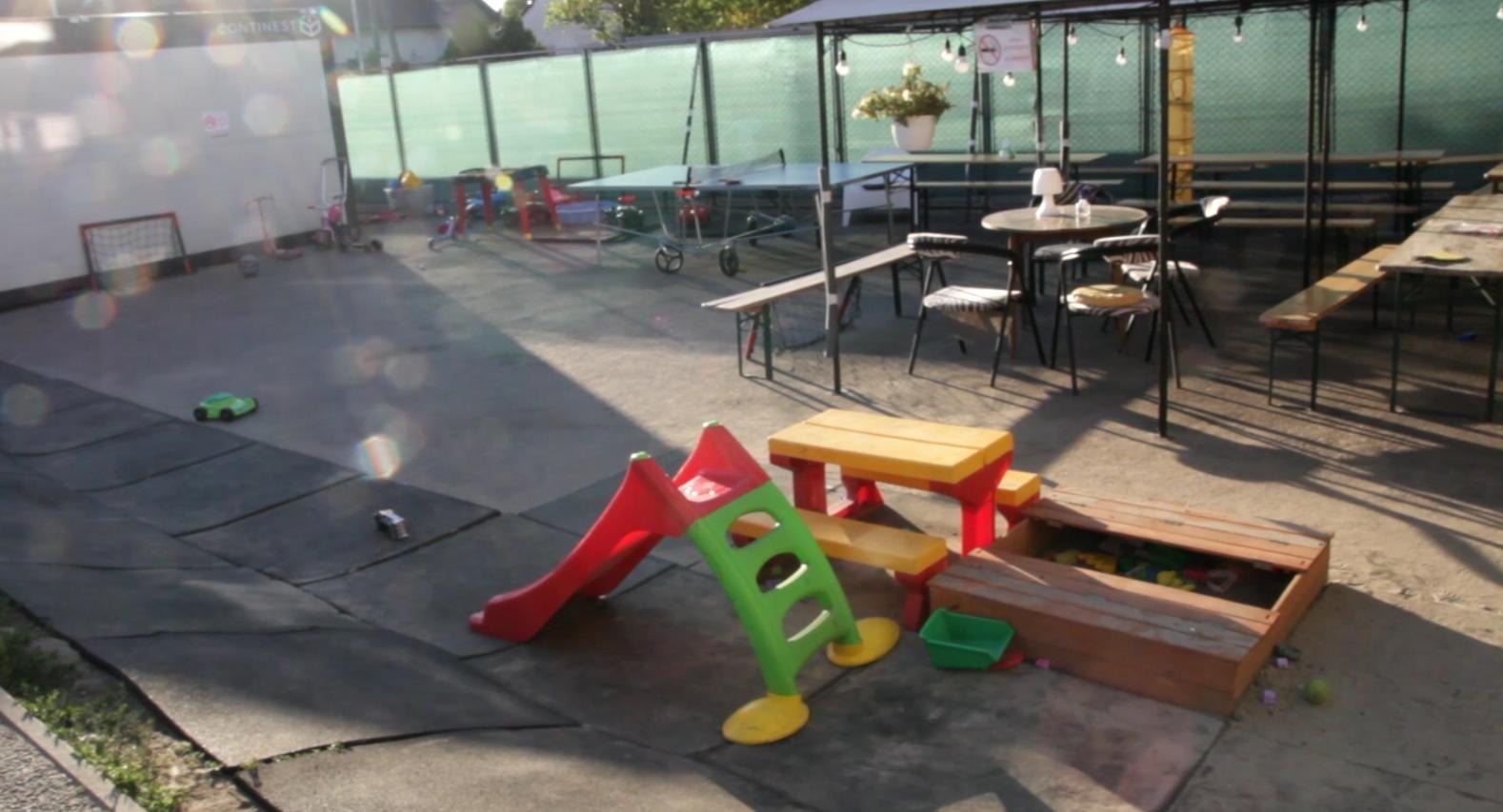The https://english.atlatszo.hu use cookies to track and profile customers such as action tags and pixel tracking on our website to assist our marketing. On our website we use technical, analytical, marketing and preference cookies. These are necessary for our site to work properly and to give us inforamation about how our site is used. See Cookies Policy
Hungary is unable to properly care for even a small number of Ukrainian refugees
Despite the government’s claims of shouldering much of the burden of the Ukrainian refugee crisis, Hungary accepted only a fracture of Ukrainians fleeing the war. Even with the small number or refugees, the government care system is performing poorly, and NGOs and volunteers are trying to fill the gaps with varying degrees of success.
The care of Ukrainian refugees in Hungary is carried by volunteers, civilians, and aid workers. They are the ones who come into personal contact with the refugees fleeing the war and often follow their fate for weeks or months. Because when refugees find themselves in absurd, unlivable situations in the confusion of state care, they seek out those they really trust – even though they are not part of the state-sanctioned immigration system.

Over the summer, Átlátszó staff spent several weeks mapping the Hungarian refugee care system. We traced the journey of refugees from Ukraine to the refugee shelter, queued at the immigration office and interviewed people in charity events. We compared Hungarian aid with what is being done in other V4 countries.
What emerged was that the Hungarian state refugee assistance provides temporary shelter, but no perspective for those fleeing the war in Ukraine.
Opaque financing
On paper, Hungary provides free accommodation, medical assistance, and cash aid to refugees from Ukraine on request. Much of the on-the-ground work (welcoming and orienting incoming refugees, giving them emergency food, shelter or medical assistance, administration etc.) has been outsourced to three main organizations: the local administrative centers (government offices), the Disaster Relief Service (Katasztrófavédelem) and the so-called Charity Council. The latter is made up of a few “trusted” groups affiliated with Christian churches (plus the Hungarian Red Cross) and is under the direct supervision of the Prime Minister’s office.
The Charity Council is active at border crossings as well as the capital Budapest, and received a one-off grant of HUF 3 billion at the start of the refugee crisis.
Before this story was published, we asked the secretary of the Charity Council about their spending of the state funds: how much of it was spent on food, accommodation for asylum seekers or salaries. We also asked how many people the council’s member organizations could now accommodate and whether they were taking steps to house those who had no place to stay. In response, the council’s directed us to the Prime Minister’s Office, saying that we should inquire at their central press email address. At the time of writing, we have not yet received a reply from the Prime Minister’s Office.
All we know for sure is the organization Catholic Charity provides accommodation for a small number of asylum seekers, and organized a summer camped 3,600 children (this was not a particularly expensive program according to them, costing only 60 million forints). In Beregsurány, the Maltese Relief Service runs a container camp where they can accommodate people for 2-3 days. How the rest of the supposed HUF 3 billion was spent is yet unknown.
Hard to find help
For accommodation, refugees must first travel from the border to the BOK Stadium in Budapest, where they can apply for government aid. However, finding the center is not easy, unless one gets directions from friends. The stadium is relatively far away from the Western and Eastern railway stations, 4.6 and 1.7 kilometers, respectively. Previously, volunteers were helping directly at the stations, until they were ordered to leave or move into the BOK Stadium by the authorities. Since then, finding help became harder for those arriving by train.
At none of the stations was the transit shelter over-promoted. At Nyugati, an information room for refugees has been set up, but only one sign in the whole station, just outside the door of the room.
The transit shelter in the stadium was set up after the closure of the assistance points at the stations, which had been run for weeks by NGOs. But the transit shelters also welcomed NGOs, who continue to play a critical role in the refugee response, despite often working for free and providing equipment through voluntary donations.
Officially, the transit shelter is run by the Budapest Government Office and the Civil Protection Department, but the Aliens Department is also present. Refugees can register here for official assistance. They can apply for accommodation and there are facilities for cleaning and resting on site.
When we visited, the hall was almost completely empty. Volunteers tell us that more people gather in the otherwise well-equipped and well-cultivated waiting room in the evening. However, it is obvious that the facility cannot serve more than a few hundred people at a time.
No short-term shelter
One of the main functions of the waiting area is to direct arriving refugees to accommodation. According to volunteers working in the hall, the following practice has developed: arriving refugees are asked by the disaster management staff how long they plan to stay in Hungary. Those who plan to stay longer, for example if they would like to apply for asylum status, are directed to the refugee shelters.
According to information from Átlátszó, these shelters had to be set up from scratch in February, as the Disaster Relief Service does not have its own properties to accommodate many people.
The authority therefore had to improvise and rented out municipal, religious and private properties (mainly boarding houses and workers’ hostels) in different parts of the country to accommodate asylum seekers. It is understood that the Civil Protection Department can pay accommodation providers HUF 4000 (EUR 10) per night.
The Disaster Management Service does not say where exactly these shelters are, but the quality of the accommodation is mixed, according to reports from refugees. Some have been accommodated in very upmarket guesthouses with private rooms. Others complained of overcrowded, inaccessible public accommodation.
Those who only transit Hungary – the majority of refugees – receive little to no assistance from the state. Many of them are helped by the NGO Migration Aid, who are one of the few organizations providing short-term shelter.
The name of Migration Aid may be familiar to those following Hungarian politics. The group emerged during the 2015 refugee crisis, helping Syrian asylum seekers. Since then, pro-government media viciously slandered the organization, and four years ago, they were a target of what appeared to be a spying operation done by the Israeli private intelligence firm Black Cube – presumably on behalf of Fidesz-affiliated circles.
Despite being previously called a “threat to national security” for aiding migrants, Migration Aid now serves a vital role in the management of the crisis, especially in Budapest. The Migration Aid hostel set up in Madridi út can accommodate 217 asylum seekers at a time – this is one of the only shelters in the country that allows short-term stay for transiting Ukrainians.
Today, government employees are working with Migration Aid volunteers: in the stadium, they direct asylum seekers to their volunteers who drive them to Madridi út. Despite their important service, Migration aid receives no financial support from the government, and all of their operations are ran from donations.
As for those asylum seekers who plan to stay in Hungary, Disaster Relief provides accommodations only outside the capital. Many complain that these shelters are in remote areas, far away from job opportunities. The government however also gives financial incentives to employers to provide accommodations for refugees in exchange for work. It is not yet known how successful this form of support is, but given the total number of asylum applications, it cannot be too much of a success. It also does not help that only one recruitment agency was given the opportunity to set up shop in the BOK Stadium – this happens to be the Fidesz-affiliated, Prohumán Kft., an HR corporation with ties to MEP Tamás Deutsch.
Fidesz-affiliated recruitment company sees business opportunity in the Ukrainian refugee crisis
In centers hosting refugees from Ukraine, a private company is advertising it website offering “housing for work” schemes to refugees. The leaders of the company are connected to the football team MTK and have numerous financial ties to the Orbán government. The company can advertise in the tightly controlled refugee centers even though officially, asylum authorities report no cooperation with them.
False numbers in official communications
Hungarian government officials claimed many times that Hungary accepted hundreds of thousands of Ukrainian refugees. Tamás Menczer, State Secretary for Foreign Affairs went as far as to say that “Hungary is currently carrying out the largest humanitarian operation in its history, taking in at least a million refugees”.
These claims do not represent the number of refugees accepted or the number of people seeking asylum in our country. It is more likely that the 1 million figures represent all border crossings since the outbreak of the war, and as such it includes people transiting, coming for work or visiting relatives. It does not only include asylum seekers. Figures from the Aliens Department show that in June, only 24 615 Ukrainians applied for asylum in Hungary, and 17 076 applications were accepted. More recent figures from the UNHCR (United Nations High Commissioner for Refugees) shows 28,289 asylum applications.
This is one of the smallest numbers not only among countries bordering Ukraine, but in all of the European Union.
In April, the European Union allocated €263.2 million from the REACT-EU fund to Hungary. REACT-EU is part of the NextGenerationEU post-COVID recovery package, which the EU has been withholding from the Hungarian government for nearly a year over corruption risks and rule of law concerns. At the start of the refugee crisis, the EU allowed refugee-receiving countries to receive funds earlier than planned so that they could use the money to help refugees in Ukraine, which is how the Hungarian government received billions of forints.
But the Hungarian government spent this money elsewhere. In June, the Prime Minister’s Office told hvg.hu that, as the money was originally intended for the resumption of the Hungarian refugee crisis, the government had already spent it for purposes unrelated to the refugee crisis.
“In April, we received an advance under REACT-EU from EU funds that Hungary was already entitled to and had already been committed for other purposes. Unfortunately, this does not represent a single euro of new EU funding for the country,” they said. According to hvg.hu, several public procurement contracts have been paid from this fund, and plaques referring to REACT-EU can be seen at the entrances of restaurants reopening after pandemic closures, for example.
Written by Boglárka Rédl, Márton Nagy Sarkadi and Zalán Zubor. Translated by Zalán Zubor. Cover image: Passengers at Záhony station. Photo by Átlátszó.
Share:
Your support matters. Your donation helps us to uncover the truth.
- PayPal
- Bank transfer
- Patreon
- Benevity
Support our work with a PayPal donation to the Átlátszónet Foundation! Thank you.
Support our work by bank transfer to the account of the Átlátszónet Foundation. Please add in the comments: “Donation”
Beneficiary: Átlátszónet Alapítvány, bank name and address: Raiffeisen Bank, H-1054 Budapest, Akadémia utca 6.
EUR: IBAN HU36 1201 1265 0142 5189 0040 0002
USD: IBAN HU36 1201 1265 0142 5189 0050 0009
HUF: IBAN HU78 1201 1265 0142 5189 0030 0005
SWIFT: UBRTHUHB
Be a follower on Patreon
Support us on Benevity!




